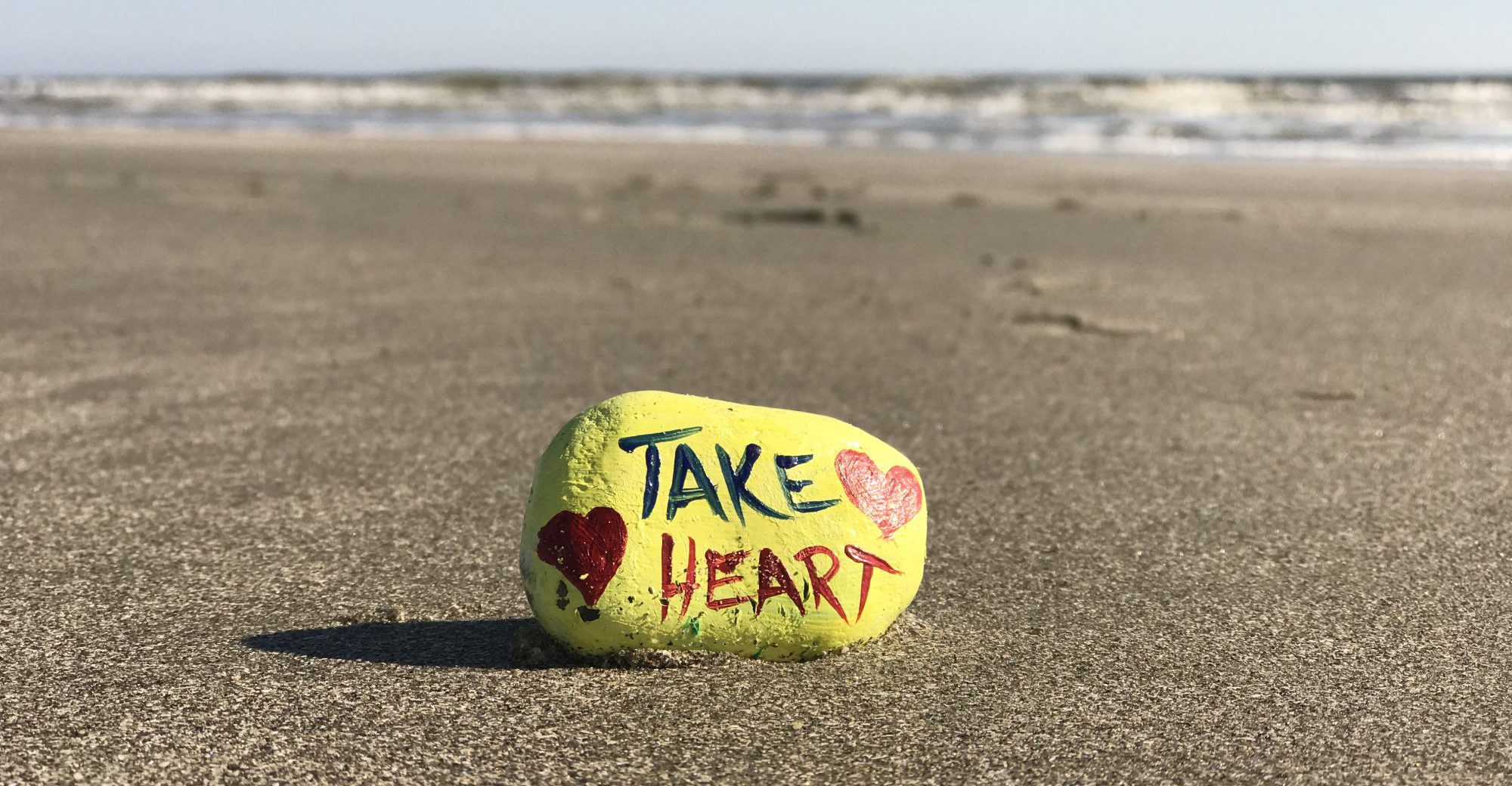Have you ever really thought of why flight attendants tell us to put our own oxygen masks on first before helping others – including the ones we love? It can seem counter-intuitive, right? Wouldn’t your first instinct be to immediately aid your child or other loved one? Now imagine trying to help your child or other loved one while you are literally gasping for air. You won’t be much help for long…
In your daily life, at work and/or at home, do you find yourself sometimes “gasping for air?” Do you rush to the aid of others without taking the time to care for yourself first? Do you find yourself answering other’s needs at the sacrifice of your own? If you are a leader, do you have those expectations of the people that you lead?
I see this dilemma EVERYWHERE with all kinds of people – men, women, mothers, fathers, both single & married people, working mothers & stay-at-home mothers. The term “work/life balance” is thrown around to describe those in the workplace that feel they don’t have enough time to do it all. I suggest that this problem of work/life balance is not about time management; rather it is about energy management.
Self-care gives you the FUEL (i.e. energy) you need to not only cope with life, but to actually enjoy your life. As a result, you can be more effective in both your work and personal life, fueled with more energy to tackle the constant challenges that life presents.
Tony Schwartz is an author, frequent writer and blogger for the Harvard Business Journal, and is President/CEO of the Energy Project. His Energy Project promotes the key idea that companies expect their employees to operate like computers – at continuous high speeds, over time, processing multiple things at once. But, as humans, we can’t sustain ourselves this way – the demand surpasses our capacity, and we fall into survival mode (i.e. gasping for air). It states that as humans, we have optimal performance when we move between expending our energy and renewing our four “forgotten” energy needs: sustainability (physical), security (emotional); self-expression (mental) and significance (spiritual).
So, I then ask you – how can you move from survival mode (gasping for air) to self-care (energy renewal)? As a leader, how you can cultivate a culture that allows for energy renewal and optimal performance?
Here are some questions to ponder that may help:
How can you increase your awareness about your own energy management?
What “forgotten energy” needs are you neglecting?
What are some simple, achievable goals you can set for one or more of your four energy needs: physical, emotional, mental and/or spiritual?
What is your “story” about self-care and selfishness? How is that story preventing you from practicing self-care?
How can you become more intentional with how you expend your energy?

